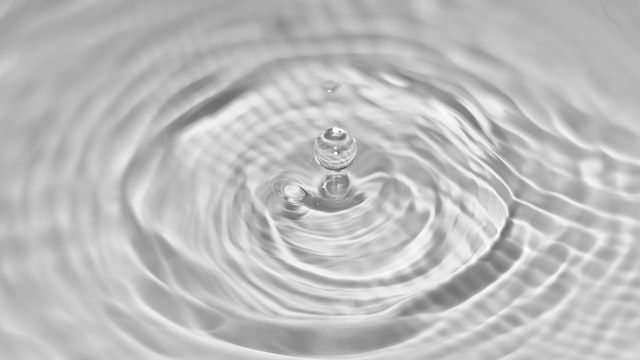
Image from Unsplash
Water softeners are an essential addition to any home that uses hard water. Very high concentrations of minerals like calcium and magnesium found in hard water are harmful to pipes and other plumbing fixtures.
A water softener is a machine that filters out these minerals, leaving behind water that is more pleasant to drink and less dangerous to use. This article will discuss five reasons why everyone should have a water softener in their homes.
Top 5 Reasons Why Every Household Needs a Water Softener
1. Protects Plumbing and Appliances
As mentioned, hard water contains high levels of minerals that can cause scaling, and damage pipes, water heaters, and other appliances. This accumulation, if left unchecked, might eventually result in obstructions and leaks that will need expensive maintenance.
This may be additionally impacted by environmental factors. To avoid scaling and increase the longevity of pipes and appliances, a water softener should be installed.
2. Saves Money
Using hard water can also increase energy costs. Minerals in hard water can cause buildup in water heaters, making them less efficient and forcing them to work harder to heat water. This can cause energy bills to increase significantly. Using a water softener reduces energy costs, as your appliances will work more efficiently.
3. Softer Skin and Hair
Hair and skin might become dry and irritated when exposed to hard water. Soft water, on the other hand, can help keep skin and hair moisturized, preventing irritation and flakiness. One further way a water softener may help you save money is by reducing the quantity of shampoo and soap you need to produce lather.
4. Cleaner Clothes
Even after washing, items that were washed in hard water might still seem dirty and worn. This is because the minerals in the water can cause soap to build up, preventing it from properly cleaning fabrics. Soft water, however, can help clothes look brighter and cleaner, preventing them from fading over time.
Having a water softener will help you save money on detergent and fabric softener, and it will also help your clothing last longer.
5. Better Tasting Water
Your water’s flavor may be enhanced by installing a water softener. The minerals in hard water may give it a metallic or bitter flavor. Soft water, on the other hand, has a neutral taste that is more pleasant to drink. Using a water softener ensures that the water you drink and use for cooking and brewing is free of unpleasant tastes and odors.
Potential Drawbacks of Water Softener
Increased Sodium in Water
One of the primary ways water softeners work is by replacing the hard minerals in the water, like calcium and magnesium, with sodium ions. While this can make the water feel softer and be less damaging to pipes and appliances, it can also increase sodium levels in the water. This may be problematic for those whose health requires them to limit their salt consumption.
Maintenance
Water softeners require ongoing maintenance, including adding salt and cleaning the resin bed periodically. Ignoring this upkeep might lead to unit failure or water quality issues.
Environmental Impact
Discharging the brine solution used to regenerate the resin bed can harm the environment if not done properly. This can lead to high levels of salt in nearby waterways, which can be damaging to aquatic life and vegetation.
Cost
Water softeners can be expensive to purchase and install, and ongoing maintenance and salt costs can increase over time. While the benefits may outweigh the costs for some households, it’s important to consider the financial impact before deciding.
Additional Factors to Consider
Water Hardness Level
The hardness of water can vary depending on location. Water softeners in Calgary, for example, can be particularly beneficial. A water test can help determine the hardness level of water in an area. If the water is really hard, installing a water softener is well advised.
Space Availability
Water softeners require space for installation and maintenance. Homeowners should consider the available space for the unit before making a purchase. Smaller homes or apartments may not have the necessary space for a large water softener.
Conclusion
In conclusion, installing a water softener can have many benefits for homeowners. It can protect plumbing and appliances, save money, improve skin and hair condition, make clothes look brighter, and improve the taste of water.
If you are considering installing a water softener in your home, research options and choose one that best fits your needs and budget.


